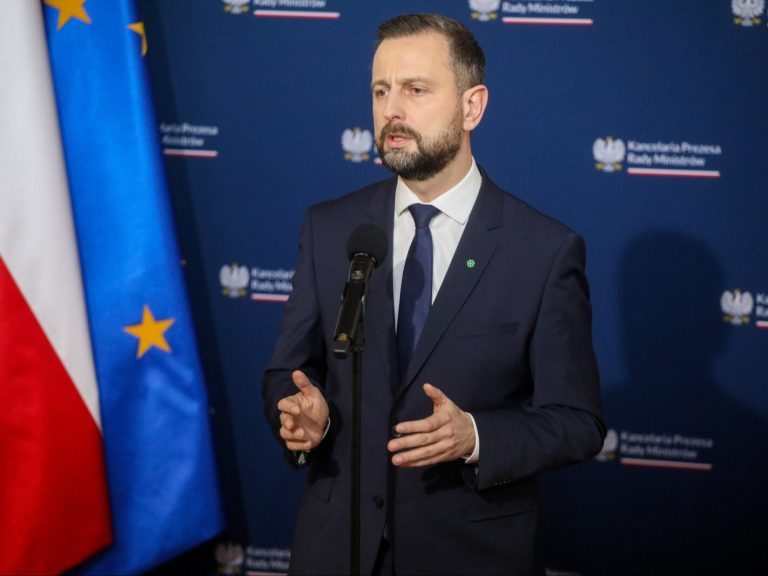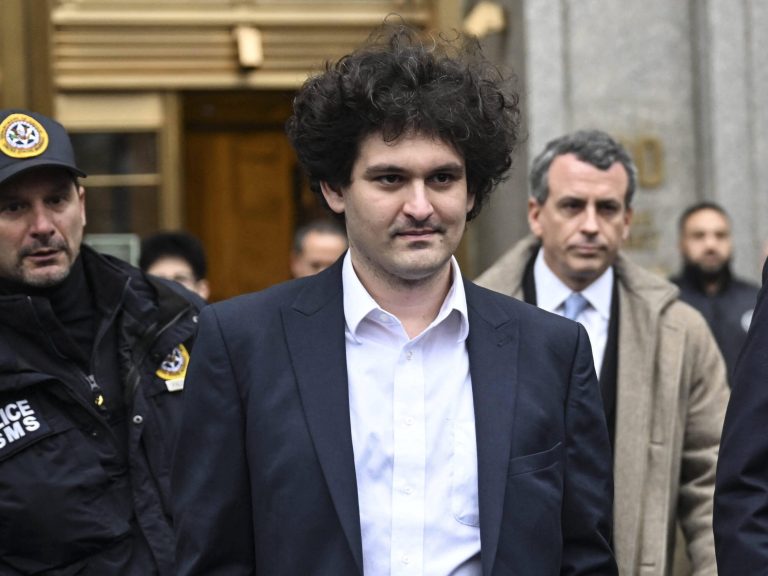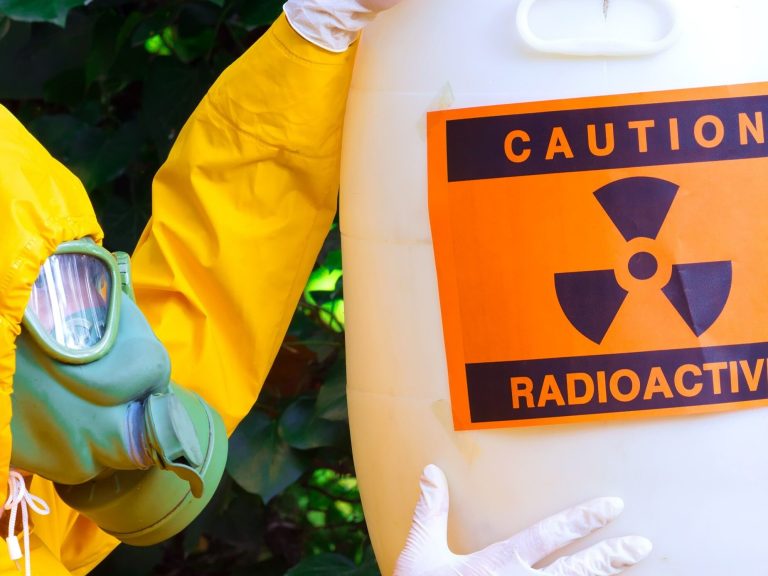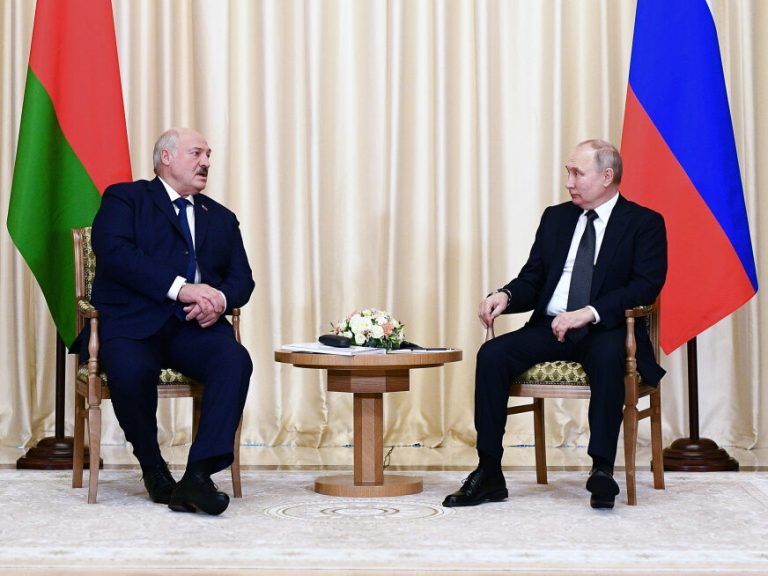Experts: The Polish energy sector lacks innovation. Urgent changes need to be implemented

The process of installing smart meters at end users, which began over a decade ago, has slowed down significantly, and the Polish energy sector lacks innovations as well as many solutions that have been awaited for years, including: focused on cybersecurity.
The digitization of the energy sector – driven by technological development and solutions such as blockchain, Internet of Things, artificial intelligence, machine learning and cloud data processing – is a pillar of the green transformation of the energy sector. It is enforced by, among others, the growing share of renewable sources and the need to balance demand and supply of power grid nodes in the face of the dynamics of changes in the temporary demand for electricity. Experts agree that in the coming decade – taking into account EU regulations on digitalization and decarbonization – digitalization will revolutionize the ways of producing, distributing, storing and consuming electricity. This will contribute to increasing the efficiency of the system, including: thanks to better use of data, but energy consumers and prosumers will also benefit in the form of lower prices.
– The Polish energy industry could be much more digitally advanced today, because we started this process of digitization of the energy industry already in 2010, when Energa Operator decided to massively implement smart meters. We were really in the avant-garde then. However, now this digitization is not progressing so fast. We are about 1/3 of the way through and we have wasted a bit of time, we are missing a lot. A dozen or so years ago, there were actually only two countries – Spain and Poland – advanced in the digitization of the energy sector. Now we have lost the advantage we had at the beginning – says Paweł Pisarczyk.
In Poland, the digitization of the energy industry began years ago, with the installation of smart meters at end customers' premises. The amendment to the Energy Law adopted in 2021 assumes that by the end of 2025, such remote reading meters are to be installed in at least 35% of households. final energy consumers in Poland (there are approximately 16.3 million of them in total). By the end of 2028, this percentage is expected to reach 80 percent, and in mid-2031 – 100 percent. This is intended to improve the management and development of the National Power System and result in, among others, the development of new services for consumers and, on the other hand, provide them with new opportunities to manage and save energy consumption.
For now, the leader in the implementation of smart meters is still Energa Operator, which was the first to start this process and – as shown by the analysis published by Wysokie Voltage – at the end of last year it installed nearly 2.5 million smart meters, covering 74 percent with remote measurement. their clients. However, the remaining four large distribution companies are far behind in this respect.
– We lack courage, ambition, and bold looking forward. We often decide to implement something that has already been done by someone else, and this does not create a technological advantage. You can't be innovative or develop the economy by implementing things of the past, so we have to be more ambitious, more courageous, like the Americans or other developed economies – says the president of Phoenix Systems. – We lack massive, bold implementation of smart meters, but we also lack elements related to cybersecurity or solutions for community energy that allow for decentralization of the energy system.
As he points out, with the increasing digitization of the energy sector, more and more challenges related to cybersecurity will appear. Therefore, protection against them should be a priority for energy companies. However, on the regulator's side, it is necessary to develop a cybersecurity strategy for the energy sector, which is the pillar of the national critical infrastructure.
– The most urgent need is to ensure that the technology that is implemented in our energy networks is safe and cybersecurity. So that it does not turn out that we are controlled by the services of foreign countries, and our energy sector does not really depend on us, because someone can, for example, turn off large segments of the network by making the meters unsecured or through any other systems related to renewable energy. . It is also important to ensure that the systems implemented now in the energy sector are tailored not to current, but to future needs. It is therefore necessary to take into account in the requirements that the future energy system will be decentralized – emphasizes Paweł Pisarczyk. – There is a great need for solutions for community, decentralized energy, because there is a lot of talk about it, but in practice it does not work, so that, for example, municipalities can produce their own energy, influence their own energy policy on the one hand, and on the other hand, ensuring that all this is safe.
Experts emphasize that cybersecurity issues are crucial not only due to technological progress and changes in energy systems, but also due to geopolitical threats. This applies especially to critical infrastructure.
– Geopolitics will catch up with us sooner or later, and Poland is one of the few countries in Europe that has virtually no requirements related to cybersecurity of devices and systems operating on critical infrastructure. This means that, in principle, devices with communication modules, data collection and control elements do not have to undergo any certification system, they do not have clearly defined requirements as to what level of security they must meet in terms of cyber attacks and digital immunity. – says Maciej Wyczesany, president of the management board of Apator. – I could venture to say that Poland is open to all kinds of attacks. I think that everyone realizes that we are in the era of such a technological revolution that currently there is no need to bomb critical infrastructure, there is no need to destroy it, it is enough to simply turn off the electricity.
As he emphasizes, defining requirements and creating certification for the security of devices and systems is a process that will take years, so it must be started as soon as possible.
– We should first of all introduce recommendations regarding the risks and qualifications of suppliers, transparency of technologies, solutions and structures that operate on our networks, not only in end devices, but also in communication systems. And at the same time, start working as soon as possible on a coherent certification system that will clearly define the level of security of devices operating on our critical infrastructure and the certification of these suppliers – emphasizes Maciej Wyczesany.






